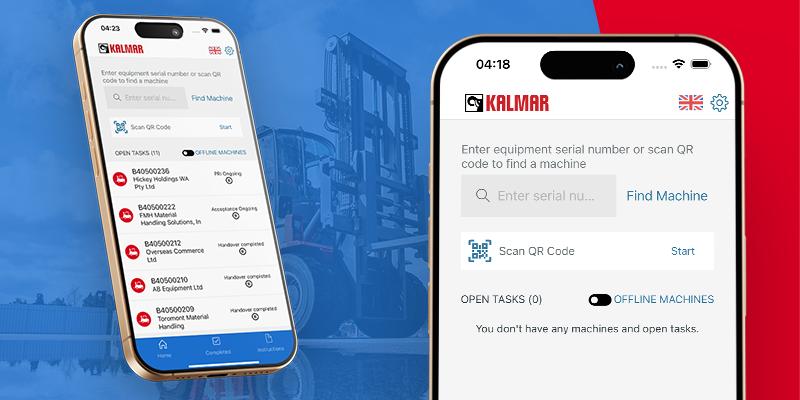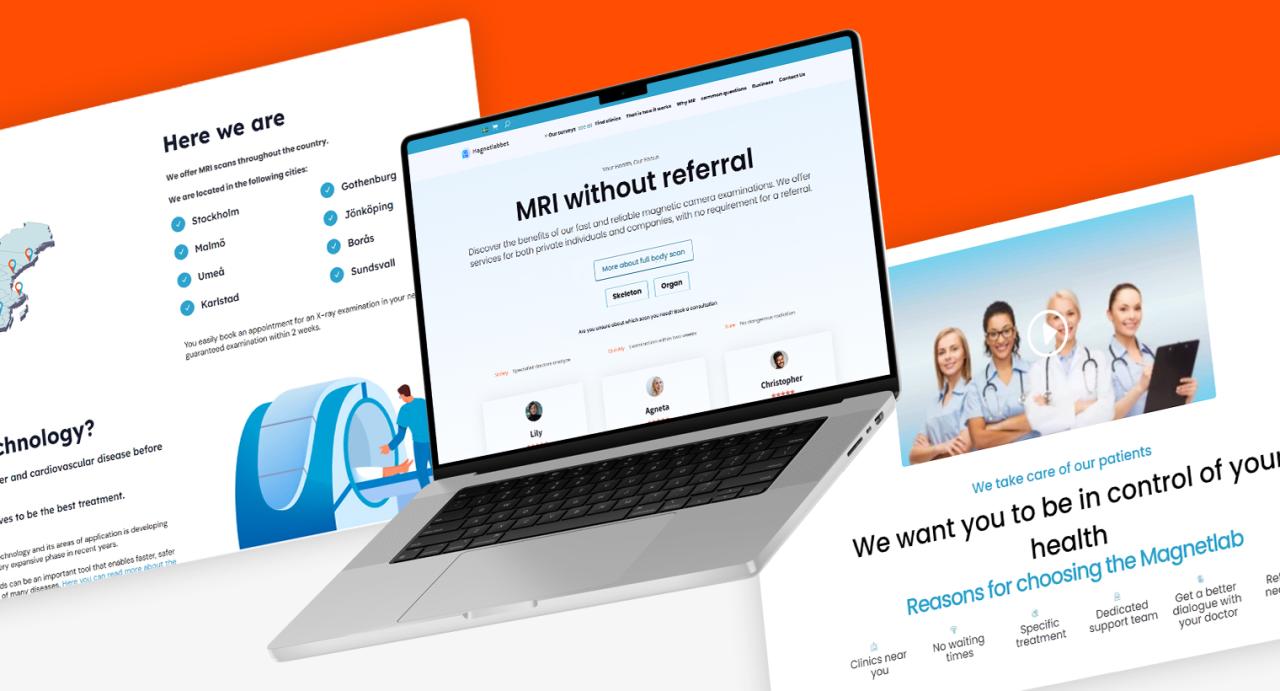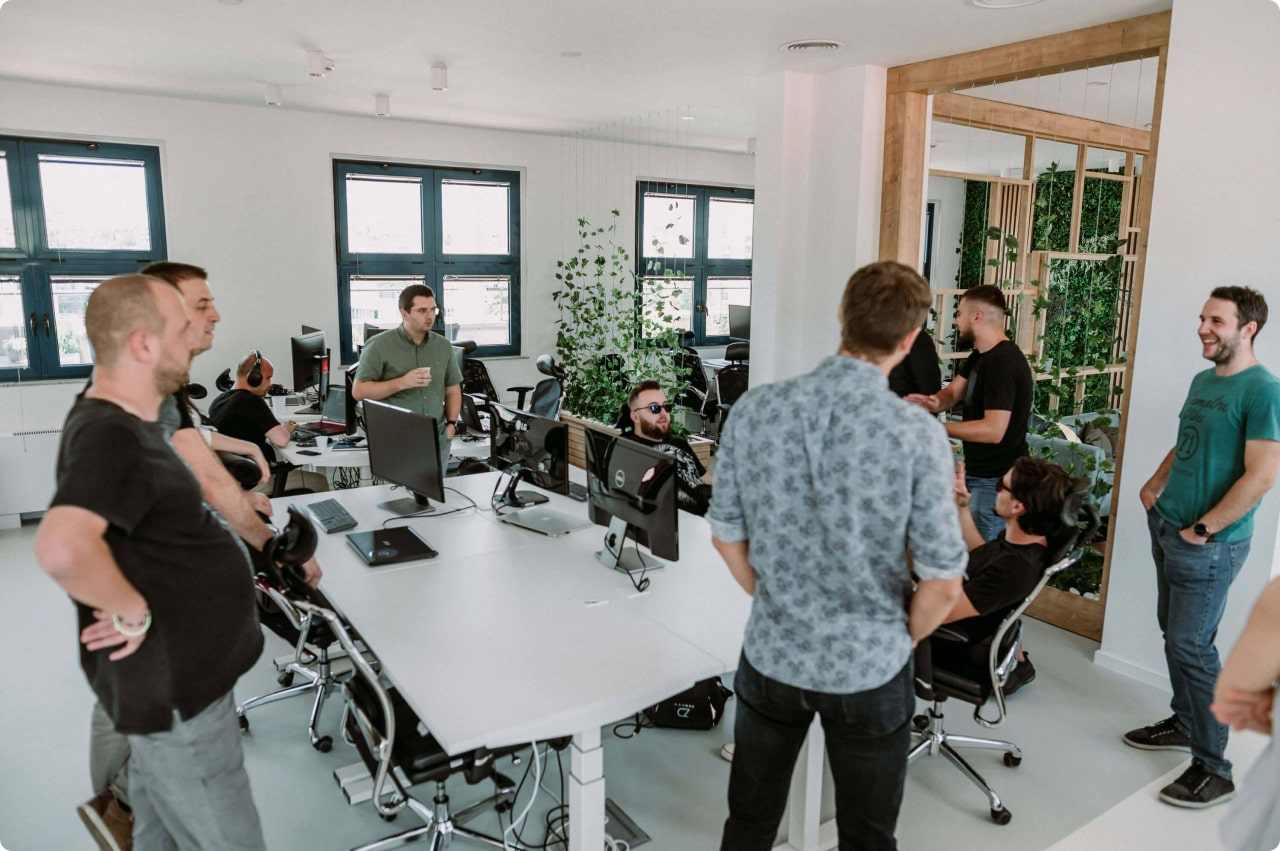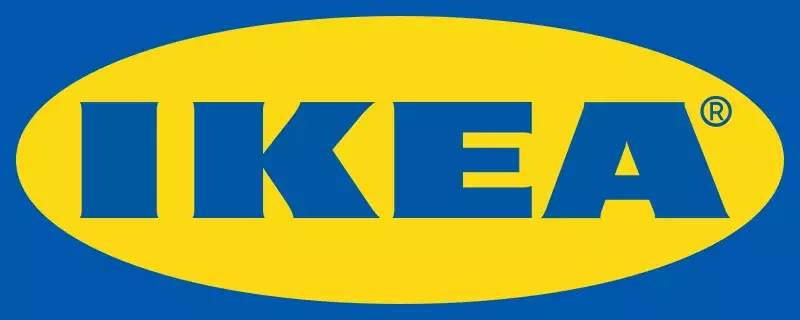To better explain the concept of nearshoring, we will present you with three examples.
Hidroxa Medical, a distinctive Swedish company that specializes in selling iontophoresis machines to clinics and individuals, decided to nearshore its development, design, and marketing operations to ZenDev. Hidroxa aimed to enhance its competitiveness and expand beyond the Scandinavian market by establishing an e-commerce platform. To achieve this, they sought a partner well-versed in e-commerce technology, digital marketing, and the art of building a digital brand.
By leveraging the expertise of ZenDev's highly skilled developers, designers, and marketing specialists, Hidroxa experienced a notable boost in its overall revenue, increasing it by 33%. Additionally, they observed a 17% rise in the number of users and a 14% increase in average website session duration.
Another notable example is Kalmar, a leading global provider of sustainable cargo handling solutions for ports, terminals, distribution centers, and heavy industries, faced a significant challenge in digitizing their manual paperwork and data entry processes. This labor-intensive task imposed a heavy workload and involved multiple stakeholders. Kalmar nearshored the development activities to ZenDev, a company that has been serving the Swedish market since 2016. ZenDev's founders, having grown up and been educated in Sweden, possessed a strong understanding of diverse cultures. Additionally, the location of the majority of ZenDev's consultants in Bosnia and Herzegovina offered the advantage of being in the same time zone as Sweden, with direct flights taking only 2.5 hours to reach Gothenburg, Stockholm, or Malmö, and reasonable proximity to other European cities.
ZenDev successfully developed a mobile application that automated Kalmar's workflows. As a result, the app significantly improved the efficiency of operations and communication with customers, leading to an impressive 103% increase in overall efficiency.

Magnetlabbet, a Swedish company specializing in efficient and rapid image diagnostics using the latest medical equipment, recognized the need to enhance its marketing strategies to achieve desired results from paid advertising. They also required a well-developed SEO strategy, prompting them to nearshore their marketing activities. Additionally, they faced technical challenges, such as a predominantly hardcoded website and e-commerce platform that made it difficult to add new content without involving a developer. This resulted in high website maintenance costs for simple tasks, and their checkout solution needed optimization to improve conversion rates. By collaborating with ZenDev, Magnetlabbet successfully overcame these obstacles and achieved impressive outcomes, including:
- An 82.6% increase in organic website visitors.
- A 110% increase in organic conversion rate.
- A remarkable 445% increase in paid conversion rate.
ZenDev also provided a customized checkout solution and aided Magnetlabbet in migrating their hardcoded website sections to a drag-and-drop builder, enabling easy content editing without the need for continuous developer support. This resulted in reduced development costs and improved overall efficiency.

For Arvid Nilsson, we implemented a new design, developed over 20 custom APIs, and integrated their systems with Azure. As a result, processes that once took days, like indexing their product catalog, now take just 2 minutes.
Mattias Nordström, Project Sales Manager at Arvid Nilsson, shares:
"The 110% commitment we received from ZenDev was truly remarkable."
We turned outdated AutoCAD renders into an innovative facility management platform for Zynka. Emil Eek, Head of Development at Zynka, states:
"We wouldn't have been where we are today if it weren't for ZenDev. They are responsive, quick, and easy to communicate with. We have also successfully raised capital to launch a new company around this innovative platform."












